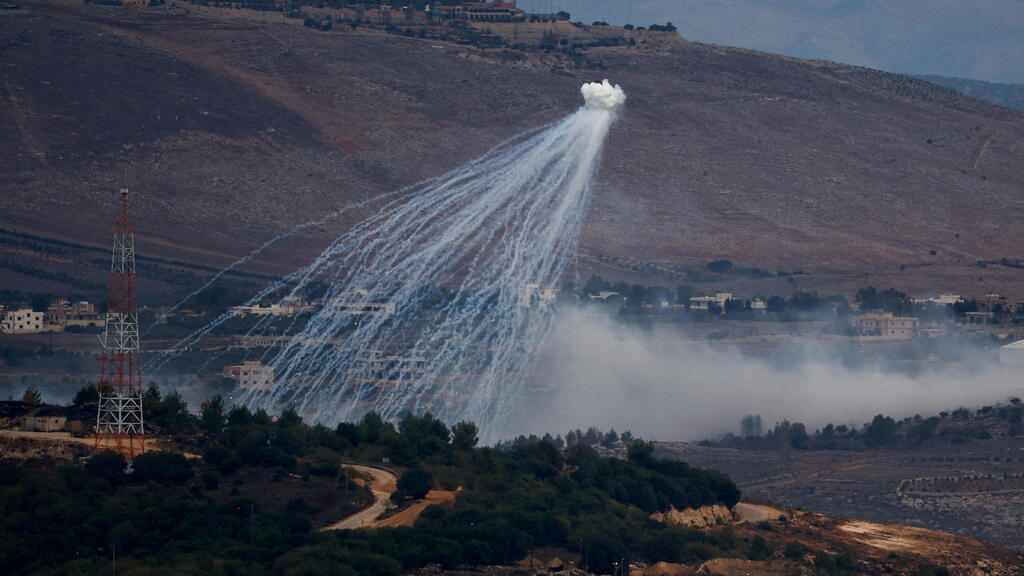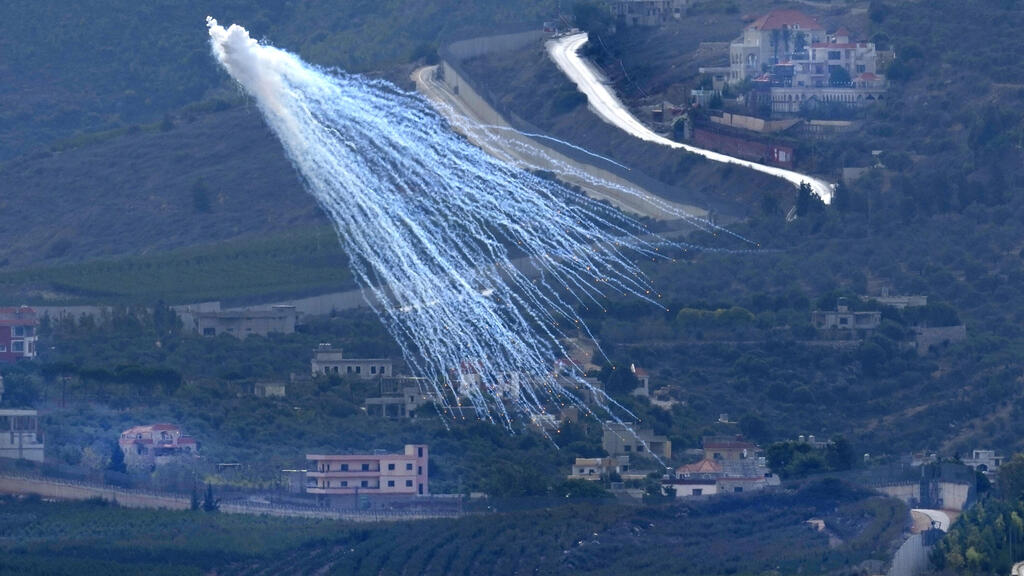Getting your Trinity Audio player ready...
Despite the reporting on Monday in the Washington Post, quoting human rights groups that Israel used U.S.-made white phosphorus bombs to attack villages in southern Lebanon, the use by the IDF was in unpopulated areas where military targets were found. Either way, the use of white phosphorus was confirmed by the military spokesperson.
More stories:
Speaking to reporters following the Post's report, National Security Advisor John Kirby said the use of the weapons was not a violation of international accords, if they did not target non-combatant civilians but said the concerns of the administration would be raised.
According to the third Geneva Convention, phosphorus bombs and shells can be used as a means of lighting or as a smoke screen but not against humans because of the plastic materials or phosphorus-laden material in them which ignites in contact with oxygen and sticks to human skin causing severe burns. The limitations on the use of the weapon extend to combatants as well as civilians, for that reason.
The IDF had used such weaponry extensively in Gaza, especially during the 2014 war there, raising angry condemnation from international bodies. As a result, the military decided to limit their use and has mostly avoided phosphorus bombs and shells during the current war.
In South Lebanon, unpopulated areas are often used to house Hezbollah facilities and frontline bases for their elite Radwan force which could be used to launch attacks on Israel.
Hezbollah hides mortar and anti-tank missile launchers in those bases, which are covered by thick vegetation that prevents intelligence surveillance from the air and has dug bunkers to protect from IDF artillery fire. They are an immediate threat to the border region, making them a target of Israeli strikes aimed also at revealing them.
By bombing the bases with phosphorus bombs, the IDF hopes to ignite the vegetation covering the bases and create a smoke screen that would enable the Hezbollah force to fire anti-tank missiles at IDF soldiers and positions and Israeli civilians near the Israel-Lebanon border.




